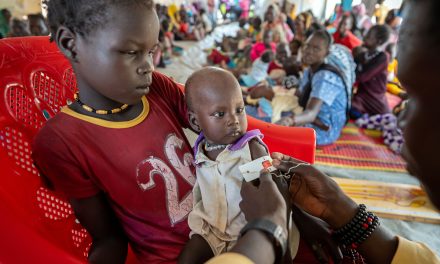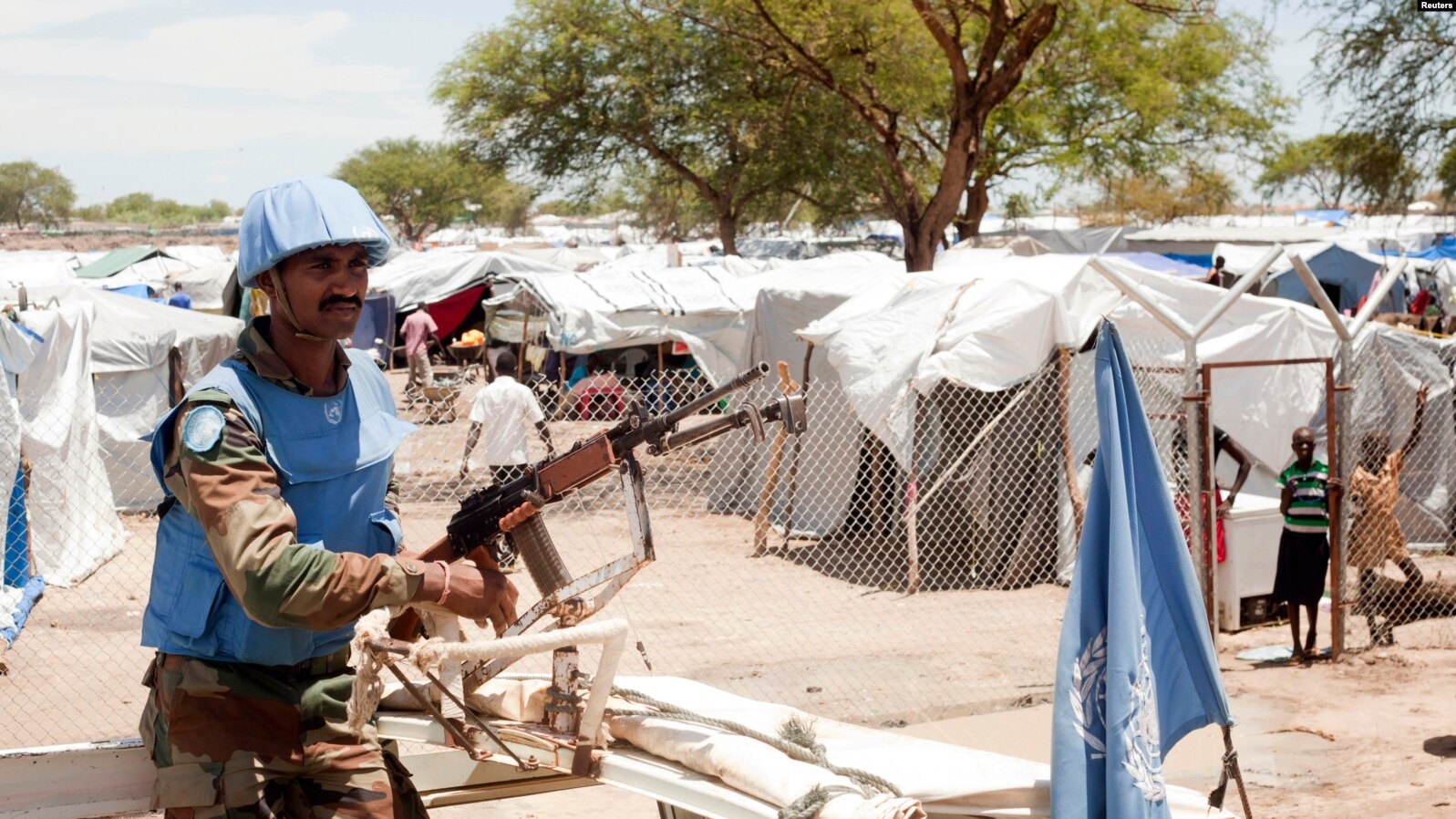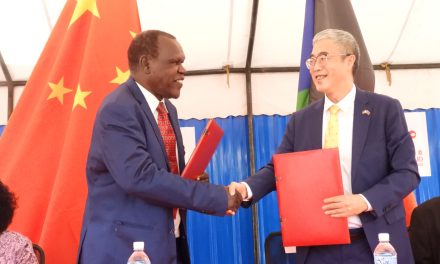
Insecurity on border with Sudan slows business in South Sudan
By Ambrose Achuil Garang
Trade on the South Sudan-Sudan border is diminishing, a situation blamed on increasing insecurity and a proxy to a political crisis in Sudan which has raged on for close to 3 years.
The business community in Northern Bhar el Ghazal state of South Sudan say the mayhem in the Sudanese capital Khartoum is trickling down to the border with pockets of insecurity across crossing points.
Northern Bahr el Ghazal depends mainly on goods imported from Sudan, entering through the border points of Majok Yin Thou in the east of Aweil and Kiir Adem in the North of Aweil.
This month, suspected criminals from the Misseriya tribesmen in Sudan attacked Yinh Pabol Village in Aweil East County killing almost twenty people and injuring many others.
The attackers used an unofficial border point which was later closed by officials in Aweil.
Since that attack, fear has emerged among the traders and very few commodities are imported from Sudan.
Some commodities continue to trickle in but the market is experiencing a gradual reduction and as well gradual increase of prices, Deng Makol Athian, the Chairperson for the Traders Union in Northern Bahr el Ghazal state, told Juba Echo in an interview.
“Since the recent insecurities at Yinh Pabol in Majok Yinh Thiou, small increase in the prices of goods brought from Sudan have been witnessed and if it continues like this, they will continue soaring and this will affect the citizens as well so we urge our government to work on this issue,” Athian said.
Commodities mainly imported from Sudan include sorghum, sugar and flour.
“We are just calling on the government to address the matter as soon as possible although some of the traders have switched to importing their goods from Kampala,” Athian said.
“It is a much longer distance and traders prefer importing their goods from all directions and a near distance is better.”
Sudan’s political turmoil began in April 2019 when citizens in Khartoum ousted former President Omar el Bashir in a popular uprising.
Upheaval has continued despite efforts to establish a more broad-based government.
The military has been having violent haggling with civilians in the establishment. While civilians insist in a government giving them more power, the army insist on being in charge.
Also, in Aweil, traders are calling on the government to help stop insecurity at the border.
“The border issues are for the government but the citizens and the traders are surviving through these borders and the government should know that they have to be concerned and resolve these issues immediately for the welfare of its citizens which include us the traders,” Malong Deng Nyuany, one of the traders said.
But the Northern Bahr el Ghazal state government said they are handicapped since the border with Sudan has not been officially opened.
“We prioritize lives of the citizens than the goods so that is why we have closed the operation of the Majok Yinh Thou border point,” William Anyuon Kuol, the Minister of Information in the state told Juba Echo.
“The borders are also not officially open and it is the national government that deals with these borders, we have nothing much we can do it about, but this is my advice to the traders to switch to importing goods from Uganda.”
The problem is affecting the purchasing power of citizens in Bahr el Ghazal.
“A sack of sugar has increased from 21,000 SSP to 25,000 SSP, a sack of sorghum also rose to 21,000 from 15,000 SSP and a sack of flour also increased from 21,000 SSP,” Marko Deng, a resident of Aweil town said.
“This begun in the last two weeks. We heard that the border of Majok has been closed and there are fears around the border points with Sudan, so this must be the reason.”




































